SPEAKERS
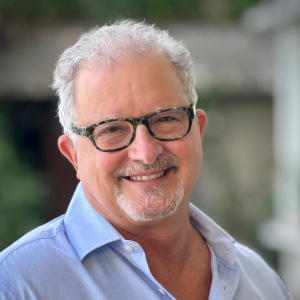
Dr. Bob Rosen
World-renowned thought leader on healthy people and healthy organizations
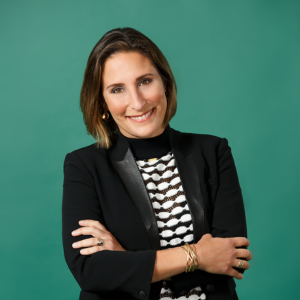
Rosalind Wiseman
Best-selling author of Queen Bees and Wannabes, the inspiration for the Mean Girls movie and musical franchise, will speak about leading with dignity
PANELISTS
Creating an Eco-System for Service
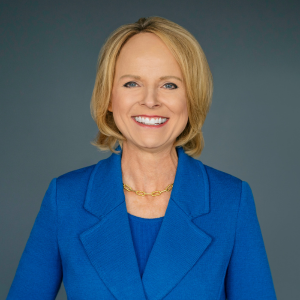
Jennifer Sirangelo
President and CEO
Points of Light
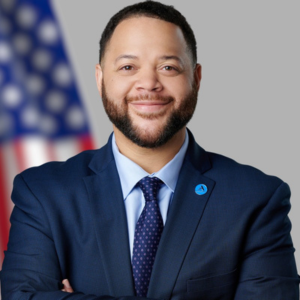
Michael Smith
Former CEO
Americorps
The panel will be moderated by Marty Rodgers, Managing Director, Accenture.
TORCH AWARD FOR ETHICAL LEADERSHIP
The Torch Award for Ethical Leadership, presented by Dominion Energy, recognizes a regional leader who embodies ethical choices and behaviors in their professional career and community service.
Nominations were due by Monday, March 31. This annual award will be presented at our Leadership Summit on Thursday, May 15.
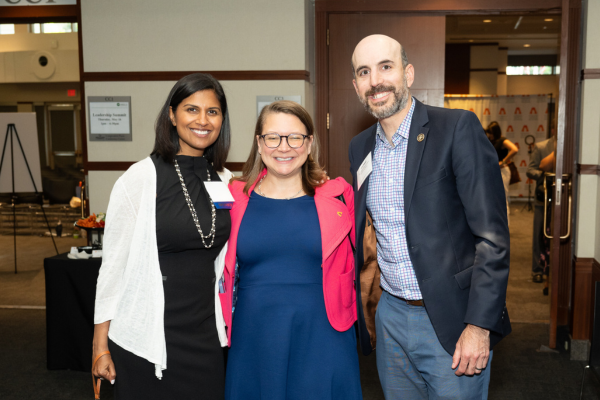
ALUMNI RECEPTION
An Alumni Reception will follow the Leadership Summit, which provides an opportunity to network with attendees and alumni of the Leadership Center of Arlington programs. If you can't join us for the Leadership Summit, we hope you can still join us for the Alumni Reception.
Reception Time: 5:00 - 6:30 p.m.
at National Rural Electric Cooperative Association
4301 Wilson Blvd., Arlington, VA 22203
The Alumni Reception is included in Leadership Summit registration. The link above is to register for only the Alumni Reception.
TESTIMONIALS
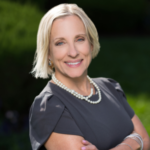
“ I send a group of my staff members for both the content and the networking. It is a great opportunity for my team. “
Karen Rosales, CEO Arlington Community Federal Credit Union

“ I've never missed a Leadership Summit. It is a reasonable and easy way to get current and actionable ideas about leadership. “



